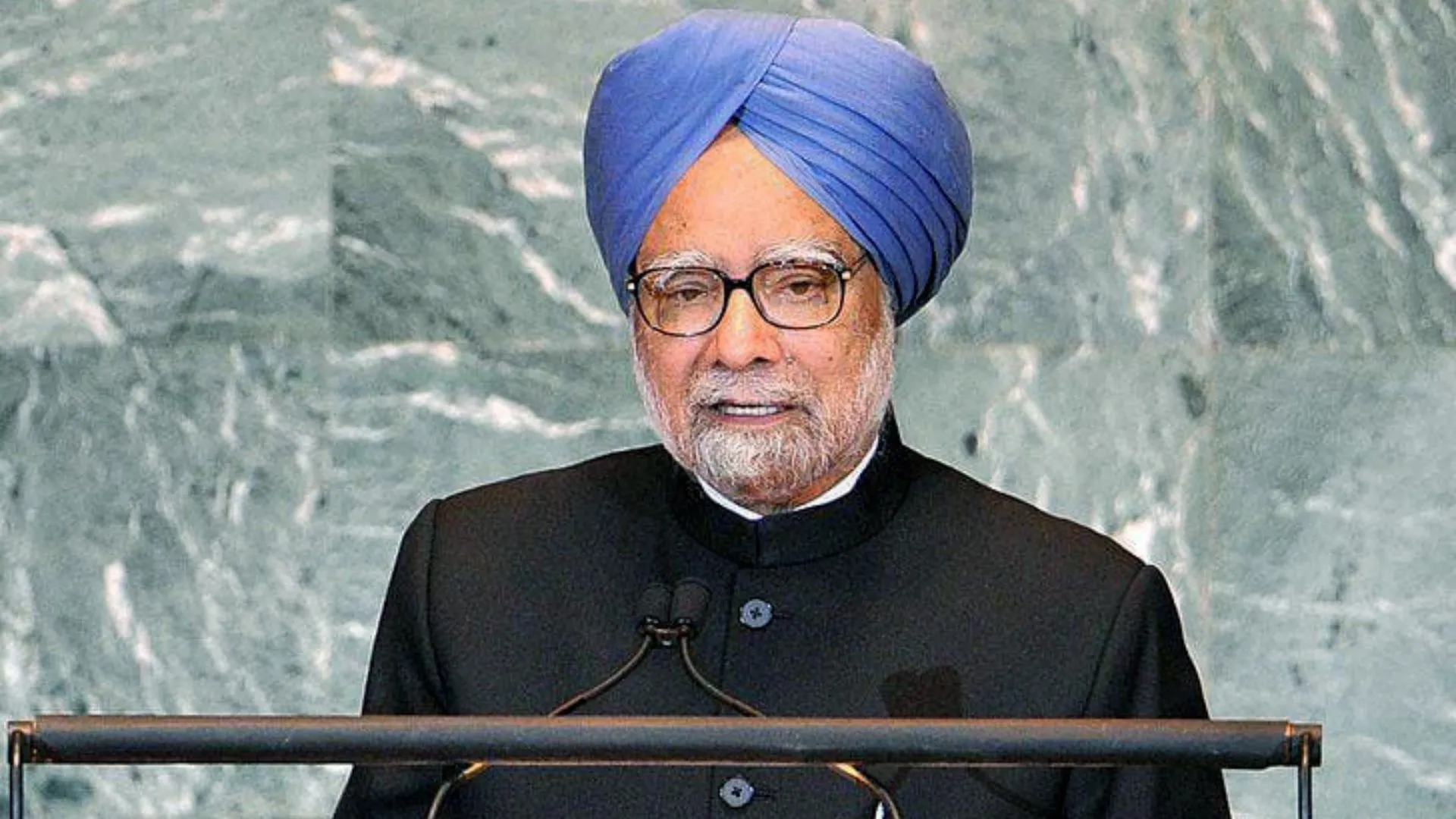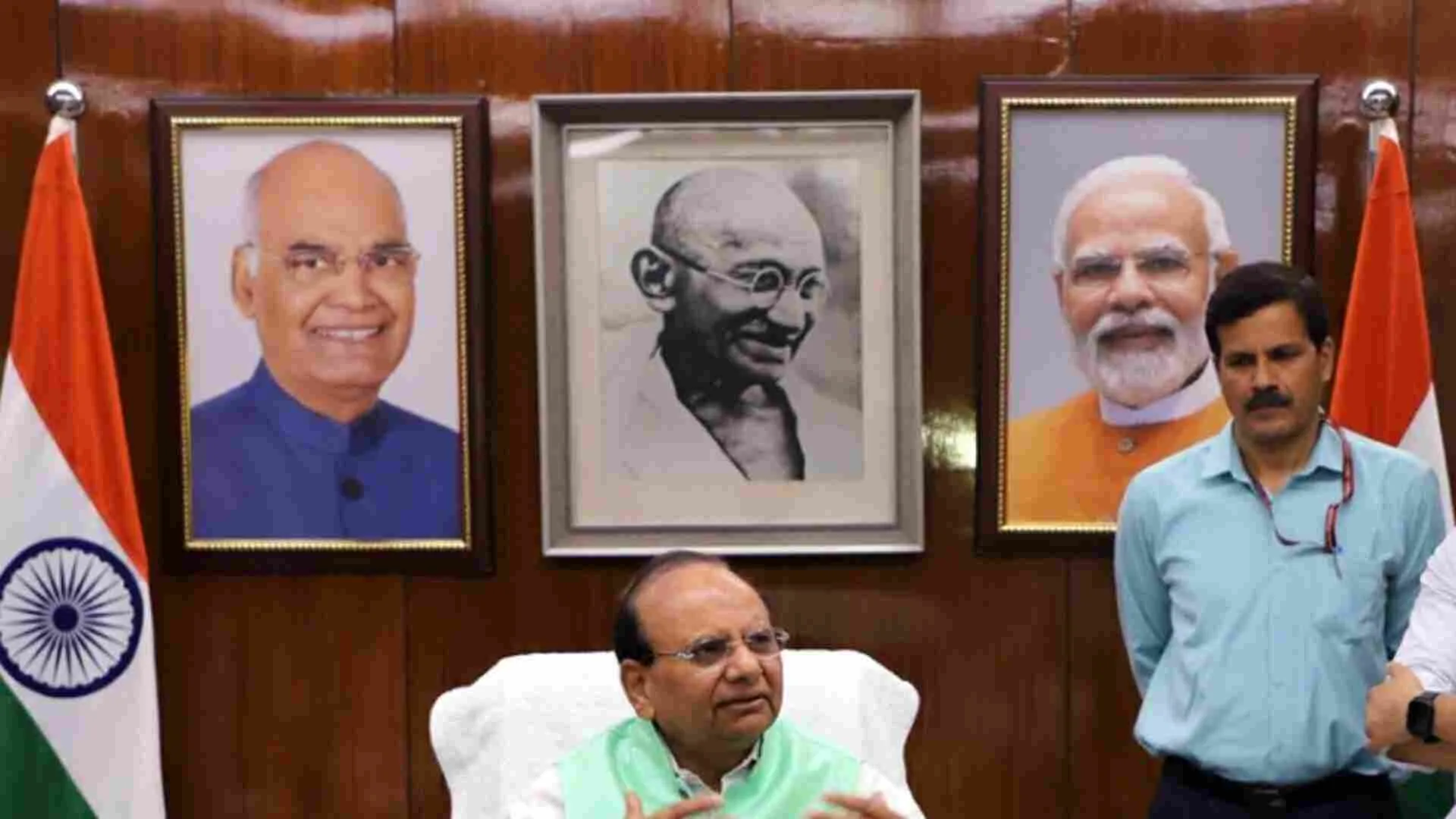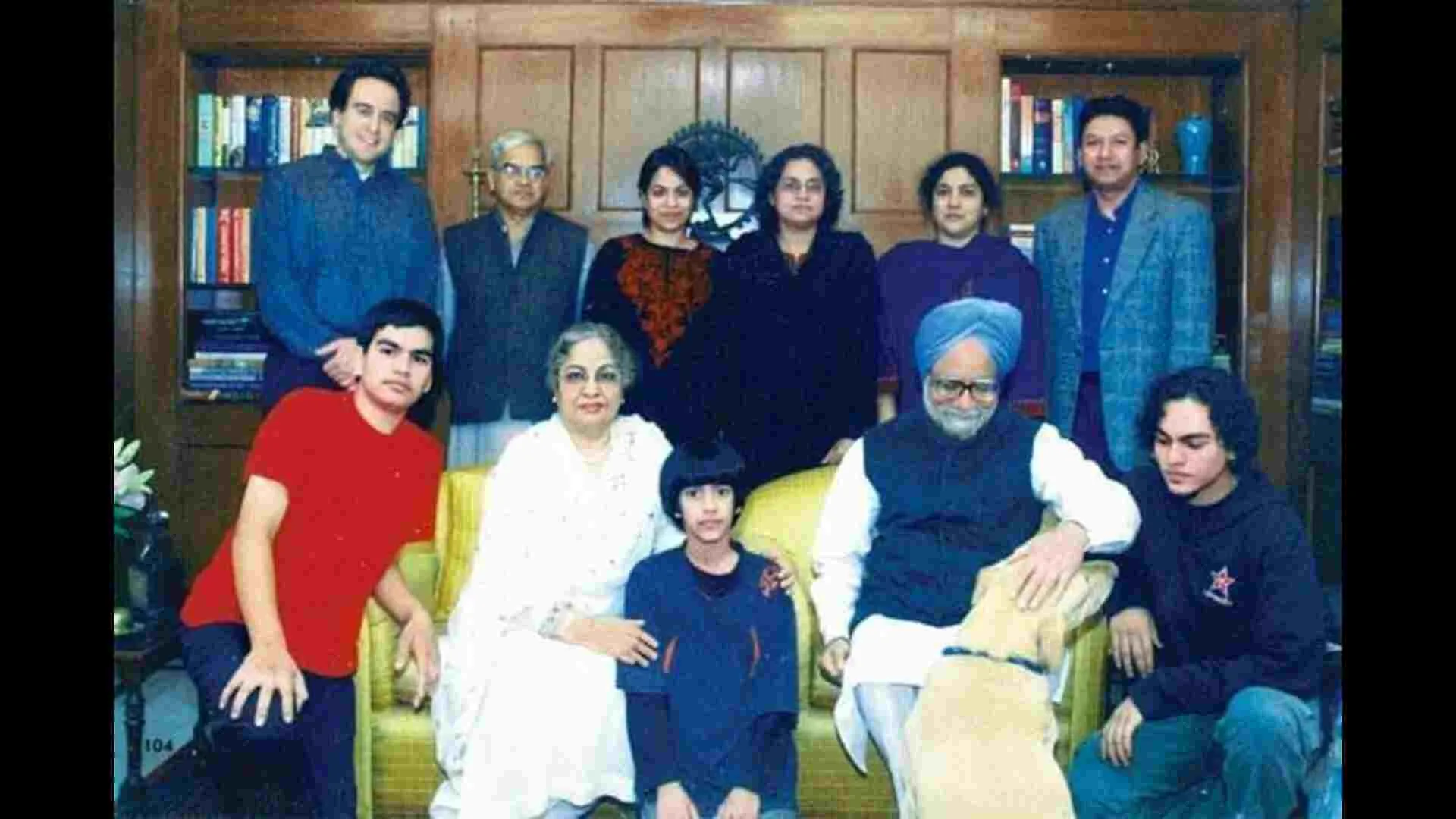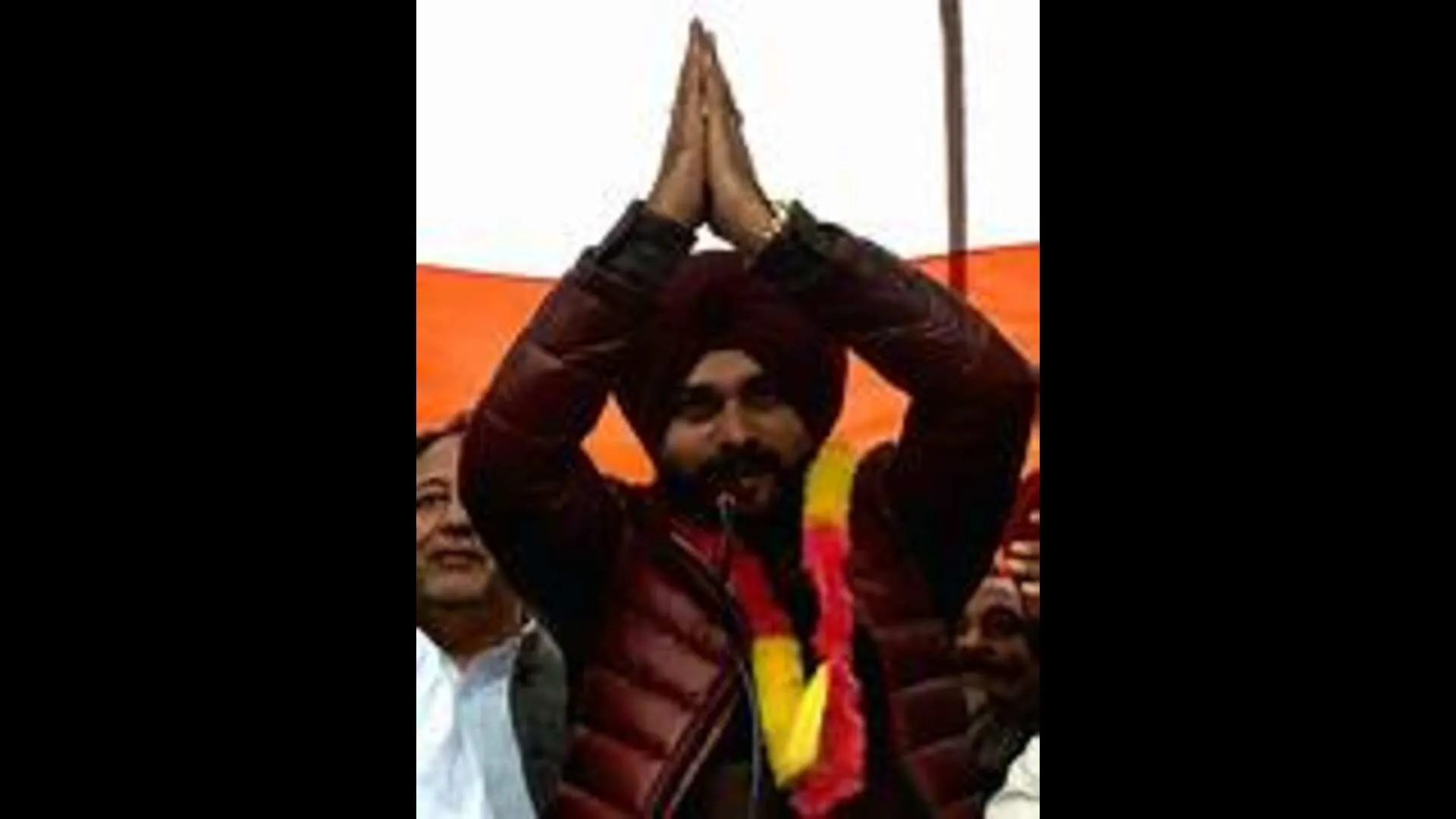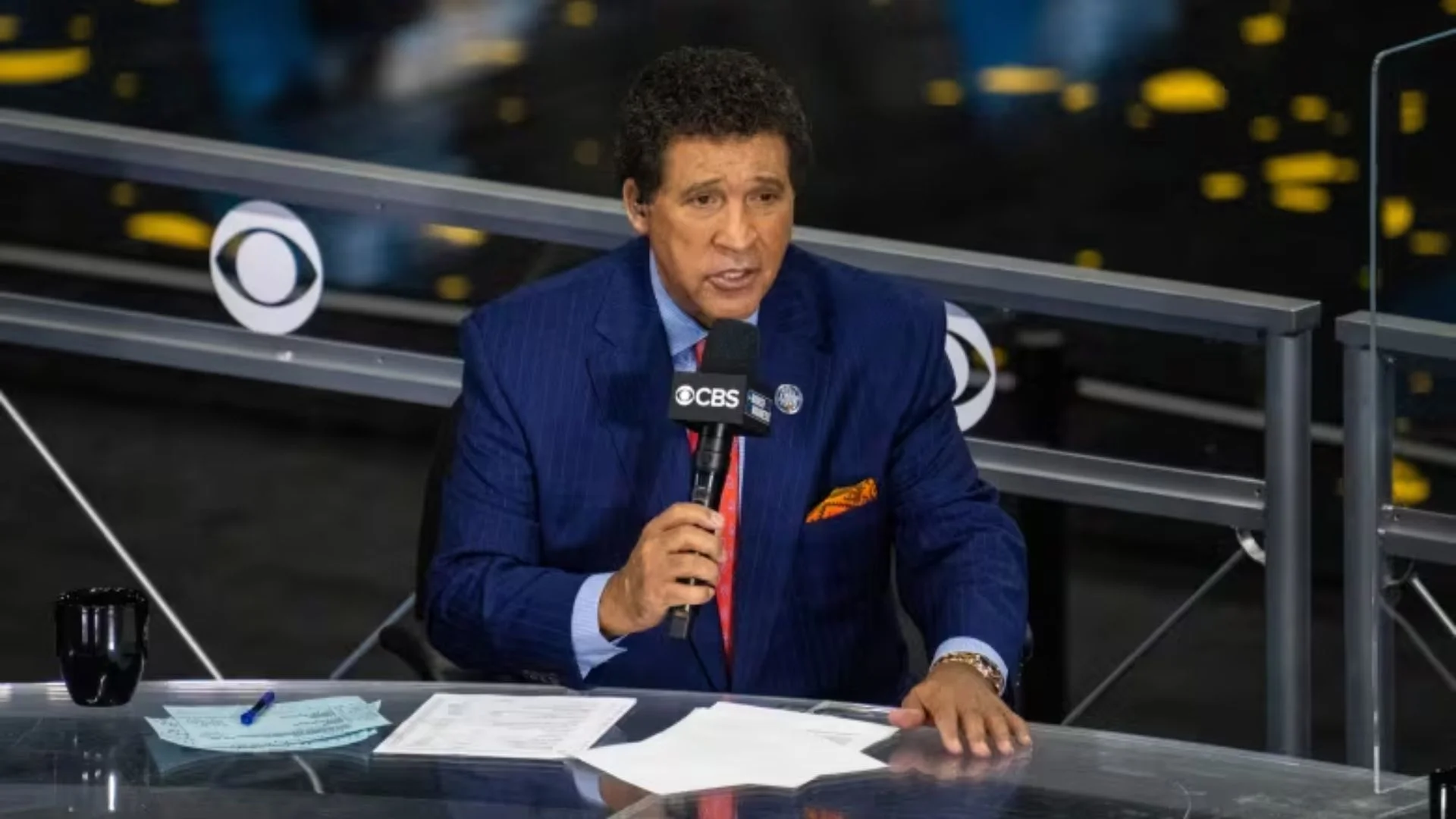Former Prime Minister Manmohan Singh, a soft-spoken economist who guided India through significant economic reforms, passed away in New Delhi on Thursday at the age of 92. A hospital statement attributed his death to “age-related medical conditions.” The Indian government announced seven days of mourning and a state funeral for the Congress leader. Prime Minister Narendra Modi paid tribute, stating, “India mourns the loss of one of its most distinguished leaders.”
Singh’s death prompted reflections from around the world, with global media outlets highlighting his contributions, controversies, and enduring legacy.
BBC: Architect of Economic Reforms
The BBC referred to Singh as the “architect of key liberalising economic reforms,” emphasizing his pivotal role in modernizing India’s economy as finance minister in 1991 and later as prime minister from 2004 to 2014. The outlet noted his historical significance as the first Sikh to hold India’s top office and his public apology for the 1984 anti-Sikh riots, which underscored his personal integrity. However, the BBC also pointed out the challenges he faced during his second term, which was marred by corruption scandals that contributed to the Congress party’s electoral defeat in 2014.
REUTERS: A RELUCTANT KING
Reuters described Singh as a “reluctant prime minister” who became one of India’s most successful leaders. The report detailed his leadership during a period of rapid economic growth that lifted millions out of poverty. It also mentioned the challenges he faced in navigating coalition politics and the perception that he was overshadowed by Sonia Gandhi, the Congress party leader. “While he was widely respected by other world leaders, at home Singh always had to fend off the perception that Sonia Gandhi was the real power in the government,” the agency reported.
The New York Times: A Cerebral Visionary
The New York Times praised Singh as a “soft-spoken and cerebral” leader who propelled India into global economic prominence. The paper highlighted his efforts at reconciliation with Pakistan, particularly during the aftermath of the 2008 Mumbai terrorist attacks. However, it also noted criticism of his administration’s handling of domestic terrorism and corruption scandals during his second term, stating, “He was now ridiculed by his critics as weak and ineffective,” contrasting with his earlier image as a decisive and erudite leader.
The Washington Post: A Symbol of Integrity, but Ultimately Powerless
The Washington Post recounted Singh’s rise from technocrat to prime minister, praising his personal integrity and his role in strengthening India-US relations. It highlighted the Indo-US Civil Nuclear Agreement of 2005 as a landmark achievement and noted President Barack Obama’s description of US-India ties as “one of the defining relationships of the 21st century.” After leaving office, Singh retreated from public view, becoming the subject of an aide’s tell-all memoir and the Bollywood film “The Accidental Prime Minister,” which portrayed him as a principled but ultimately powerless figure.
Bloomberg: The Man Who Unleashed India’s Economy
Bloomberg reflected on Singh’s legacy as a reformer, recalling his instrumental role in opening India’s economy in the 1990s. “We were in the midst of an unprecedented crisis, and it was time to think big, not to shrink,” Singh once said of his approach to economic liberalization. The outlet acknowledged his later struggles, including corruption scandals and slowing reforms, which disappointed investors and tarnished his reputation.
Express Tribune: A Friend Across Borders
The Express Tribune in Pakistan focused on Singh’s role in fostering bilateral relations and his contributions to rapid economic growth and landmark reforms during his tenure. The outlet praised his leadership in social policy and diplomacy while acknowledging controversies such as the 2G spectrum case and coal scam that marred his later years.
Al Jazeera: A Mild-Mannered Leader
Al Jazeera described Singh as a “mild-mannered technocrat” and a leader of great personal integrity, spotlighting his landmark social and economic initiatives. The Qatar-based outlet also highlighted his parting words in 2014: “I honestly believe that history will be kinder to me than the contemporary media or opposition parties in parliament.”

